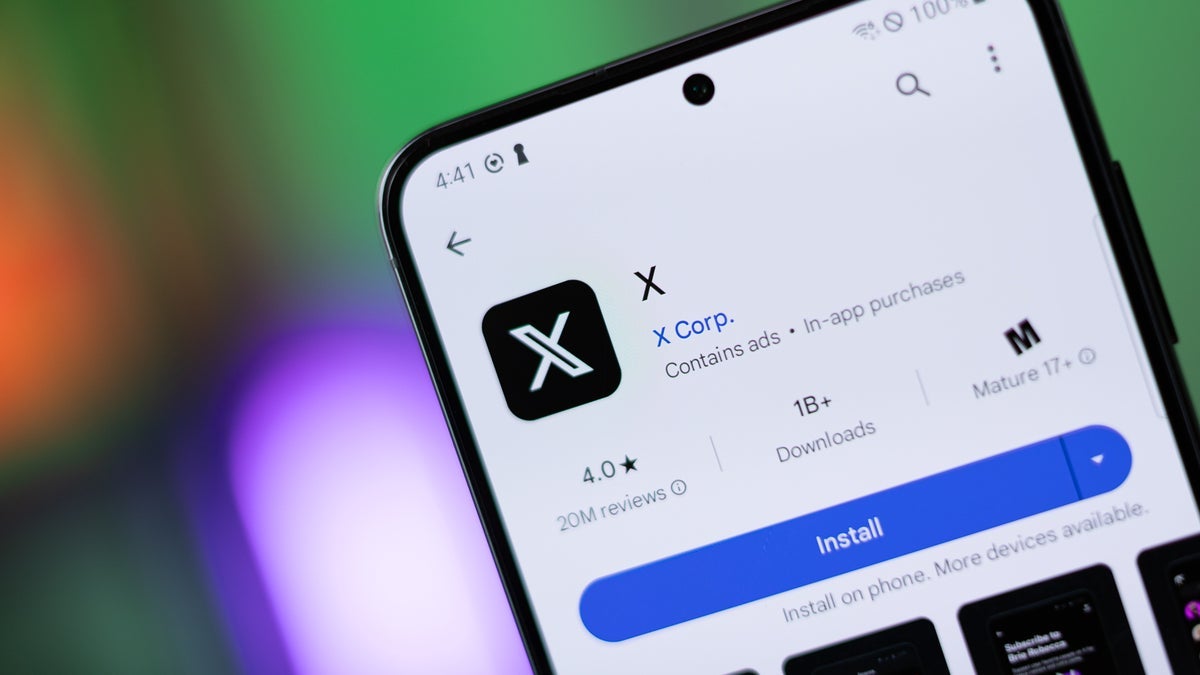
In recent developments, X, formerly known as Twitter, acknowledged a security incident that occurred in June 2024. This incident allowed others to view private likes despite the platform's change to make them hidden. The company has since taken steps to ensure privacy of likes moving forward.
X made headlines earlier this year when it announced that it would be making likes private, allowing only account owners to see their liked posts. The move was intended to address concerns regarding bullying and the potential negative consequences of public likes.
However, a security vulnerability in X's system allowed some users' private likes to still be visible to others. According to reports, affected users received emails from X notifying them of the issue.
The incident raises questions about the platform's ability to protect user privacy and maintain the confidentiality of their liked content. It also highlights the importance of implementing robust security measures and regularly testing systems for vulnerabilities.
Despite this setback, X remains committed to prioritizing user privacy and ensuring that its platform is a safe space for users to engage with content without fear of retaliation or judgment based on their likes.
X, which was acquired by Elon Musk earlier this year, has undergone several significant changes since then. The company is now focusing on being a 'video-first' platform and has introduced new features aimed at enhancing the user experience.
The incident serves as a reminder that no system is perfect and that even the most seemingly secure platforms can be vulnerable to security breaches. It also underscores the importance of staying informed about platform updates and taking steps to protect personal information online.



